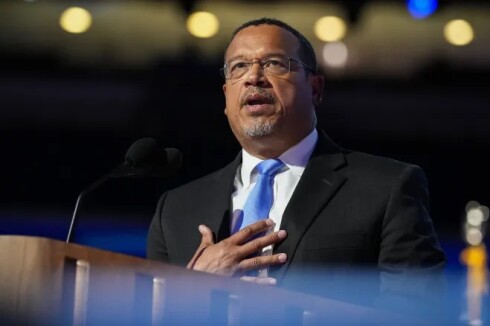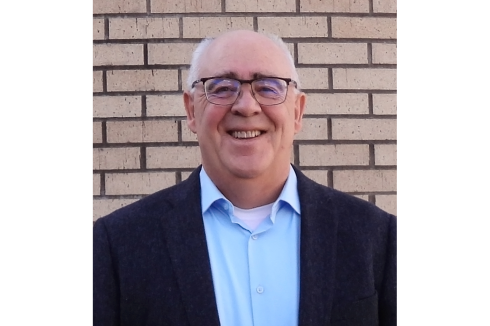ST. CLOUD — For nearly 30 years, St. Cloud State University has supported the Center for Holocaust and Genocide Education.
“I think a lot of people don't know that, to be honest,” said Emil Towner, the center’s interim director.
ADVERTISEMENT
Founded in 1995 by SCSU professors Scott and Lynn Bryce, the center’s focus is education — of students, teachers and the wider community, Towner said.
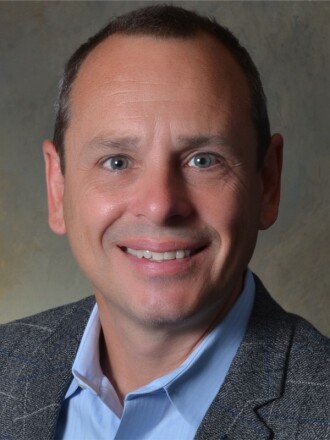
That differs from organizations like the Center for Holocaust and Genocide Studies at the University of Minnesota-Twin Cities, which conduct original, academic research.
“Sometimes (our work is) more prominent, and we shout our name,” Towner said. “But sometimes it's the undercurrent. We’re doing the behind-the-scenes work.”
For example, the “Transfer of Memory” exhibit in February at St. Cloud State prominently featured the center. With other events, the center might organize or support an event without directly associating the name.
“Because of the name of the center, it can automatically be divisive,” Towner said.
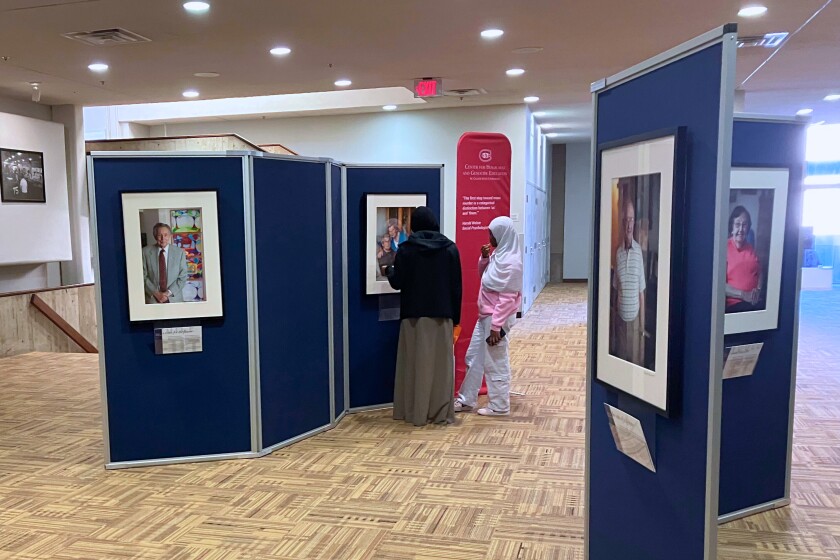
A good example is the heated discussion about what is happening in Gaza and how it should be categorized.
“We’re an education center. So it's not telling people what to think. It’s telling people how to think,” Towner said. “We’re not going out there and saying this is or isn't genocide. Our goal is to help create that dialogue.”
ADVERTISEMENT
Towner notes that the university’s fiscal support for the center is important.
“St. Cloud State is saying that there should be money — not just for Jewish culture or for the Holocaust — but for understanding all genocides and the lessons from it," Towner said. “And so that's really our mandate from the university.”
An increasing need for education
Trends in Holocaust denialism across the U.S. and the globe are troubling, Towner said.
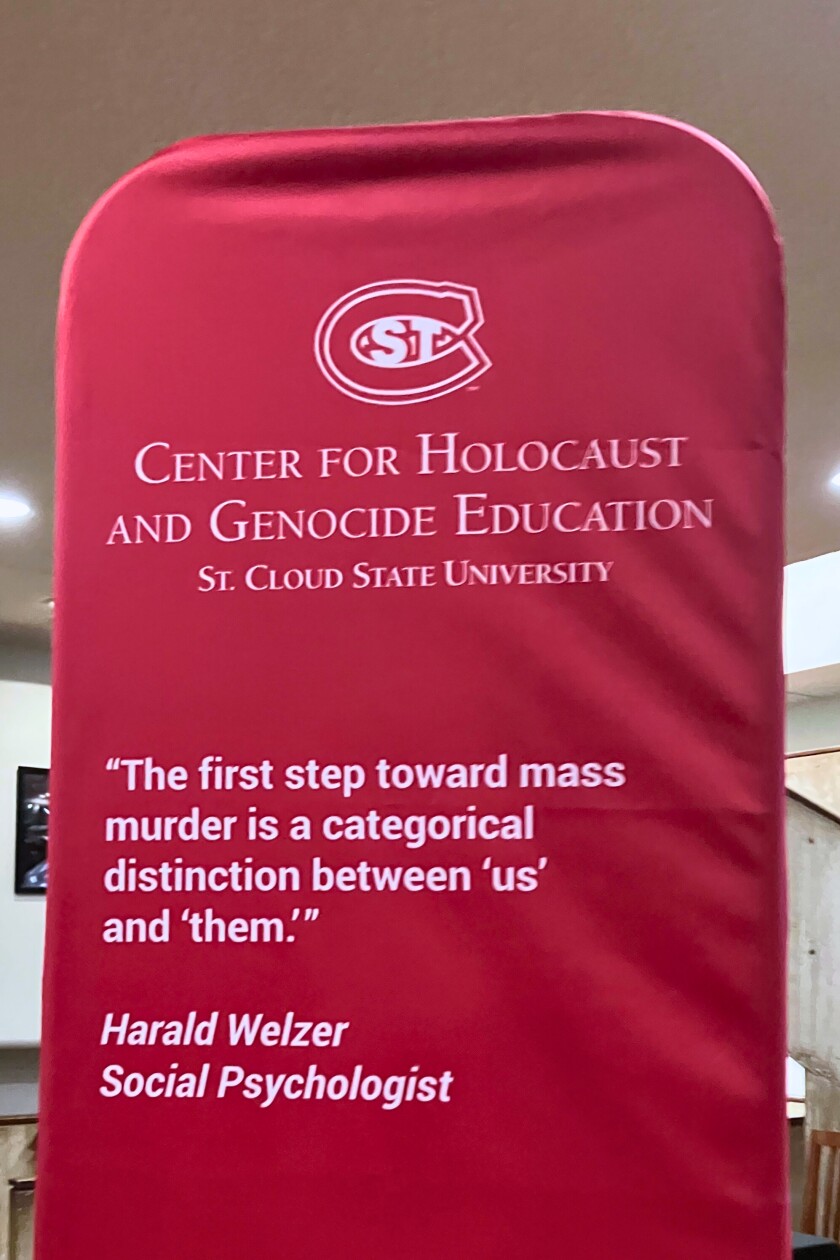
“We know from stats globally … that awareness of the Holocaust is down. And belief in the Holocaust is down,” Towner said. “That’s not just about the Holocaust. It's about the lessons from the Holocaust.”
Towner said we shouldn’t think of the Holocaust as a Jewish or German story.
“The reality is, it's a human story. And the aspects that were in play in Germany are the same aspects that were in play in Rwanda,” Towner said. “We are the ones that created the atmosphere that developed into the Holocaust … we as citizens in society. And so it's really all of our story to tell.”
The center’s program creates educational opportunities not to compare or rank atrocities but to find patterns and commonalities among them — and to find connections to today.
ADVERTISEMENT
To make it relevant to people’s daily lives, Towner likes to connect the lessons of the Holocaust and other genocides to their careers.
“When you look at management, when you look at law, when you look at nursing … it's a story that really has warning signs for every field,” Towner said.
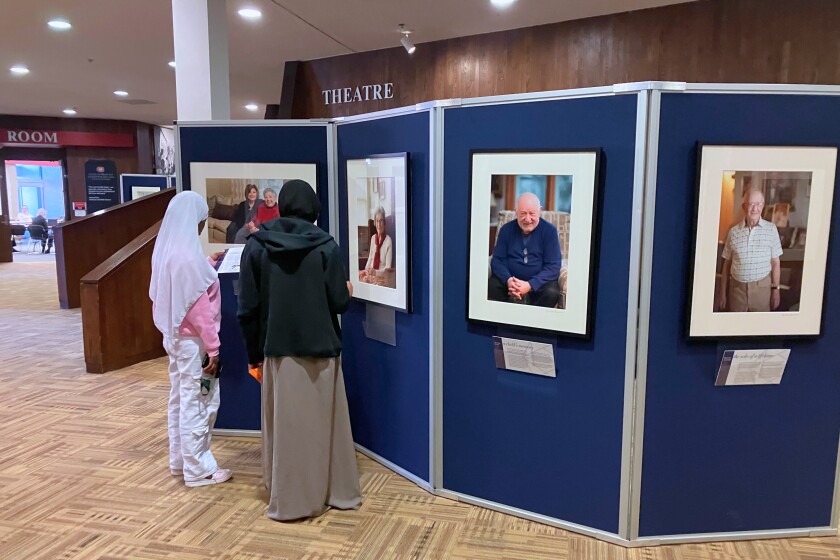
Towner realizes that all of this is difficult to talk about.
“We have a global climate right now that isn't conducive to dialogue. It’s sort of an either/or, pitting people against each other,” Towner said. “Our teachers and our faculty and our students are all caught up in that. And it's trying to come up with ways to help break through that.”
The center’s programs
Every year around, International Holocaust Remembrance Day on Jan. 27, the center hosts the Bryce Lecture, honoring the center’s founders. This year’s featured author John March, who wrote about the forgotten story and lost photographs of Gerty Simon, a prominent Jewish photographer. Simon took portraits of political and artistic citizens in Berlin in the 1920s and 1930s, including artist Max Lierbemann and physicist Albert Einstein.
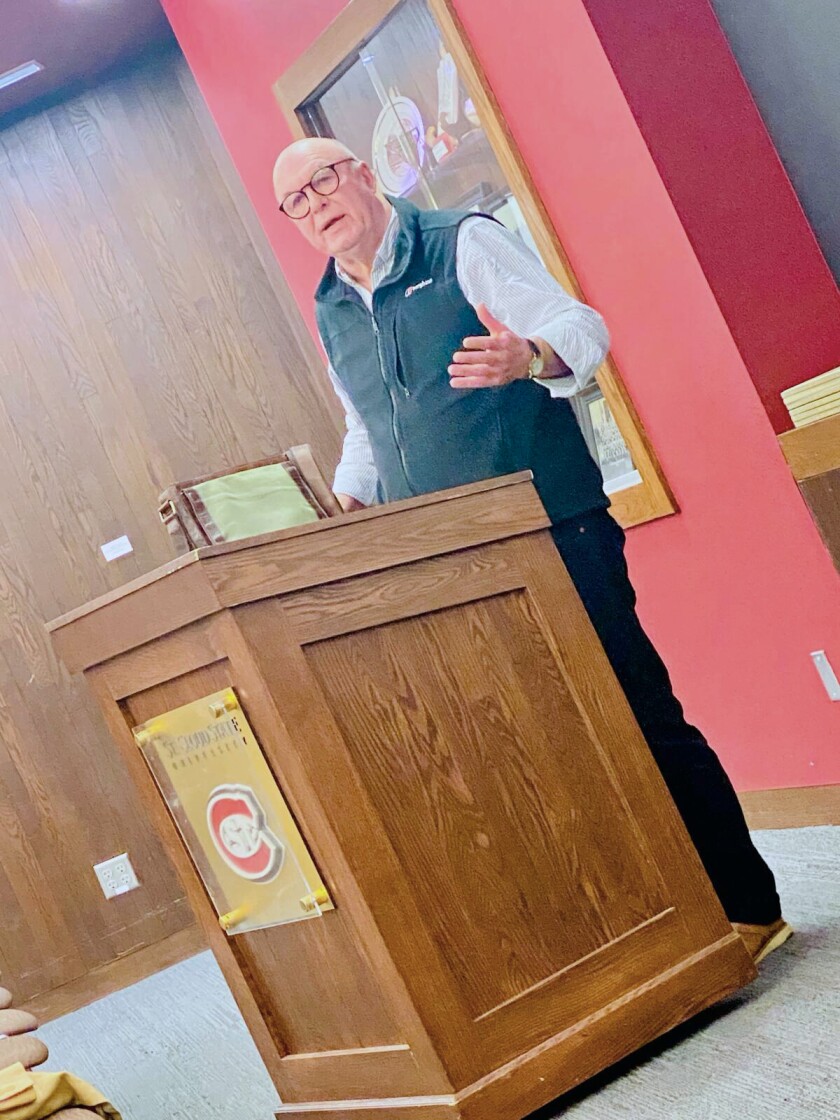
“Anytime you have an atrocity, the numbers get overwhelming. And it's hard to imagine, you know, what does 10,000 mean versus 6 million?” Towner said. “But when you put a story to it … it humanizes it.”
For instance, the U.S. Holocaust Memorial Museum in Washington, D.C., gives visitors identification cards that tell the story of one person’s experience of the Holocaust.
ADVERTISEMENT
Every year, the center and the Jewish Community Relations Council of Minnesota and the Dakotas host a one-day trip to the museum., offsetting the cost to make it very affordable for students and the public.
“By the time you leave, people are sort of overwhelmed, emotionally drained,” Towner said. “It happens in a day, but I think the impact lasts a lot longer.”
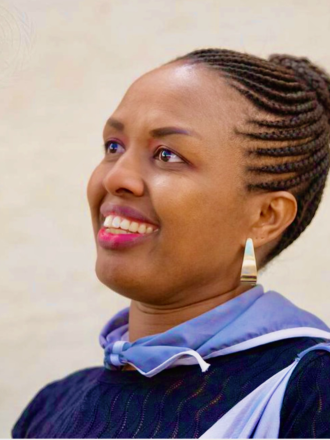
Every April, the center does programming around other genocides from history. This year, the event will commemorate the 30th anniversary of the Rwandan genocide, with survivor Providence Nkurunziza speaking about her experience.
The center also creates resources for teachers and works with local school districts. Legislation was introduced in 2023 in the Minnesota House of Representatives to mandate the teaching of the Holocaust and other genocides for middle and high school students.
In the future, the center is trying to organize events around esports and Antisemitism online.
“Finding a way into the conversation that's relevant and is reasonable to people, and telling people stories, versus just telling people how they're supposed to feel about something,” Towner said. “That almost never goes over well, when you tell somebody how they should think.”
If you go ...
Rwanda genocide survivor speaks at SCSU
ADVERTISEMENT
Providence Nkurunziza is a survivor of the 1994 genocide against Tutsis in Rwanda. Five of her siblings and her two parents, along with the rest of her extended family members, were wiped out during the genocide against Tutsis in a span of about 100 days. She was 11. Today, Nkurunziza is a commissioner at the Texas Holocaust Genocide and Anti-Semitism Advisory Commission as well as an author and advocate.
- When: 6-7 p.m. Tuesday, April 9.
- Where: Atwood Gallery, Atwood Memorial Center, St. Cloud State University
- Details: Event is free. For more about the event, huskiesconnect.stcloudstate.edu/event/10040970. For more about Providence Nkurunziza, visit providencenkurunziza.org.
One-day trip to Washington, D.C., to visit the U.S. Holocaust Memorial Museum.
- When: Tuesday, April 16.
- Details: For more information, visit huskiesconnect.stcloudstate.edu/event/9770006.
More information
- For more about the Center for Holocaust and Genocide Education, visit stcloudstate.edu/chge and facebook.com/SCSUCHGE.
- For resources from the center, visit stcloudstate.edu/chge/resources.aspx.
- To donate to the center, visit stcloudstate.edu/chge/donations.aspx.








